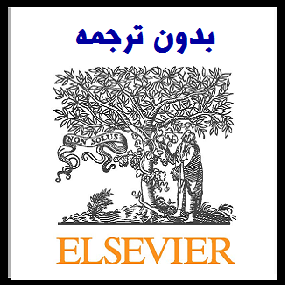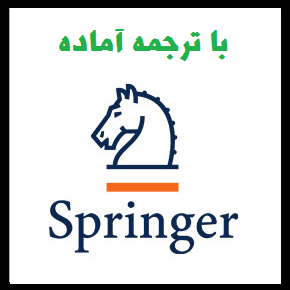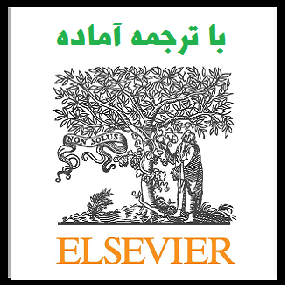دانلود رایگان مقاله تحریک بانکداری پایدار در نیجریه از طریق آموزش مدیریت مسئولیت پذیر – سال 2020


مشخصات مقاله:
عنوان فارسی مقاله:
تحریک بانکداری پایدار در نیجریه از طریق آموزش مدیریت مسئولیت پذیر: مورد مدرسه کسب و کار لاگوس
عنوان انگلیسی مقاله:
Driving sustainable banking in Nigeria through responsible management education: The case of Lagos Business School
کلمات کلیدی مقاله:
مدرسه تجاری لاگوس، نیجریه، بانکداری پایدار، اهداف توسعه پایدار
کلمات کلیدی انگلیسی:
Lagos business school – Nigeria – Sustainable banking – Sustainable development goals
مناسب برای رشته های دانشگاهی زیر:
مدیریت
مناسب برای گرایش های دانشگاهی زیر:
بانکداری
وضعیت مقاله انگلیسی و ترجمه:
مقاله انگلیسی را میتوانید به صورت رایگان با فرمت PDF با کلیک بر روی دکمه آبی، دانلود نمایید. برای ثبت سفارش ترجمه نیز روی دکلمه قرمز رنگ کلیک نمایید. سفارش ترجمه نیازمند زمان بوده و ترجمه این مقاله آماده نمیباشد و پس از اتمام ترجمه، فایل ورد تایپ شده قابل دانلود خواهد بود.
فهرست مطالب:
Abstract
Keywords
1. Introduction
2. Methodology
3. Management education and Sustainable Development Goals
3.1. The learning challenge
4. The banking sector and sustainable development
4.1. Institutionalizing sustainable banking: global and national developments
4.2. The knowledge gap in the Nigerian banking sector
5. Role of business schools in sustainable banking
6. Lagos Business School driving sustainable banking in Nigeria
6.1. Purpose, mission and values at LBS
6.2. Research and methods
6.3. Partnerships and dialogue
6.4. Faculty development
6.5. Impact of LBS initiatives on the Nigerian banking sector
7. Looking forward
References
قسمتی از مقاله انگلیسی:
1. Introduction
The United Nations Conference on Trade and Development (UNCTAD) estimates the investment needs for the United Nations Sustainable Development Goals (UN SDGs) for developing countries to be around $2.5 trillion dollars annually and globally to be around $5 to $7 trillion dollars yearly (UNCTAD, 2014). Considering this huge financial investment required in achieving the SDGs, the crucial role banks as financial services providers can play in facilitating and directly advancing progress with the SDGs becomes much clearer. However, it is important to note that for banks to play this crucial role of driving the SDGs effectively through their activities and services, they must make a complete shift from traditional banking and embrace a sustainable banking approach (Citigroup, 2017; David & Laurie, 2012). Sustainable banking incorporates sustainability principles into funding decisions, corporate strategy and product definition processes (Bouma, Jeucken, & Kilkers, 2001; Weber, 2016). In sustainable banking, capital market decisions are based on not only risk and return as in traditional banking, but also social and environmental impacts are given serious consideration (Deloitte, 2017). Sustainable banking purposes to balance profit maximisation with social and environmental concerns. Although the concept of sustainable banking has of late gained much popularity, through increased advocacy for its adoption, banks still grapple with diverse challenges in integrating the concept. Of all the challenges they face with regards the adoption and implementation of sustainable banking, one which stands out is that of poor knowledge of what sustainable banking really is and how it can be integrated into every aspect of their business to foster sustainable development (not just being practised superficially merely to fulfil some regulatory requirements). This knowledge gap places demand on business schools and management development institutions generate content and pedagogy to fill the gap. Business schools and management development institutions must therefore reconstitute their tools and approaches to take up the responsibility of driving learning for sustainable banking.




